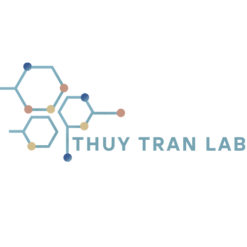Karolinska Institutet, located in Stockholm, Sweden, is at the forefront of translational theranostics research. With a focus on developing the next-generation of targeted radiopharmaceutical therapy and antibody- and peptide drug conjugates, the research lab at Karolinska Institutet is making significant advancements in the field.
Translational theranostics is a rapidly evolving field that combines diagnostics and therapeutics to provide personalized medicine solutions. It involves the use of molecular imaging techniques to identify specific biomarkers and deliver targeted therapies to patients. This approach allows for more accurate diagnosis, treatment planning, and monitoring of disease progression.
At Karolinska Institutet, researchers are working on developing novel radiopharmaceuticals that can be used for both imaging and therapy. These radiopharmaceuticals are designed to specifically target cancer cells, delivering a therapeutic dose of radiation directly to the tumor while sparing healthy tissues. This targeted approach minimizes side effects and improves treatment outcomes.
In addition to radiopharmaceutical therapy, the research lab at Karolinska Institutet is also focused on the development of antibody- and peptide drug conjugates. These conjugates combine the specificity of antibodies or peptides with the cytotoxic effects of drugs, allowing for targeted delivery of therapeutic agents to cancer cells. This approach enhances the efficacy of treatment while minimizing systemic toxicity.
The researchers at Karolinska Institutet are utilizing state-of-the-art imaging techniques, such as positron emission tomography (PET) and single-photon emission computed tomography (SPECT), to evaluate the biodistribution and pharmacokinetics of the developed theranostics agents. This information is crucial for optimizing treatment protocols and predicting patient response.
Collaborations with clinicians and industry partners are an integral part of the translational theranostics research at Karolinska Institutet. By working closely with healthcare professionals and pharmaceutical companies, the researchers ensure that their findings are translated into clinical practice and ultimately benefit patients.
